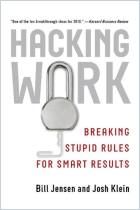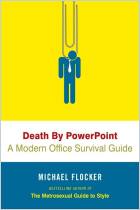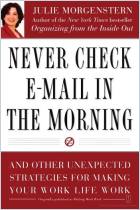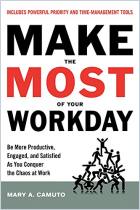
The Simplicity Survival Handbook
32 Ways to Do Less and Accomplish More
Published by Basic Books, a subsidiary of Perseus Books LLC.
ISBN: 9780738209128
Pages: 208
Read or listen offline
Amazon KindleRecommendation
Millions of employees walk out of staff meetings every day muttering, “What a bunch of garbage” or “I can’t believe we wasted an hour on that.” Then they return to their desks, and to the harsh reality of having too much work to do and not enough time. Bill Jensen’s dead-on-target observations about the typical workplace will have you nodding in agreement. His irreverent approach is entertaining and informative. He explains the differences between meaningful work and all the pointless “baloney” that inevitably comes your way. More importantly, the author offers terrific suggestions for how to deal with oppressive bosses, insensitive co-workers and institutional silliness. getAbstract recommends Jensen’s fun book if you want an entirely new perspective on your work.
Summary
About the Author
Bill Jensen is president of his own change consulting firm, and is the author of Simplicity and Work 2.0.



















Comment on this summary or Diskussion beginnen